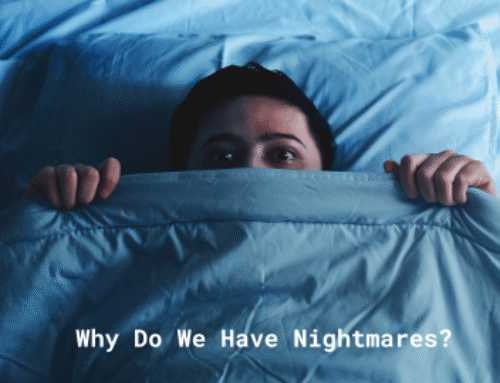Diagnosing MDD
For the purposes of this article, when we refer to depression, we are referring to Major Depressive Disorder, or MDD. Major depressive disorder is a multifaceted disorder and must be diagnosed by a medical professional to receive treatment that is covered by major medical insurance carriers. What sort of criteria do doctors and mental health professionals use to diagnose MDD?
How MDD Is Diagnosed
Medical professionals have a variety of tests to run to help them determine if a person has MDD. More factors are considered, but these are helpful metrics that have shown their worth.
- Psychiatric evaluation. The patient will be asked detailed questions about their symptoms and encouraged to elaborate on their feelings and unique situation.
- Using the Diagnostic and Statistical Manual of Mental Disorders, or DSM-5, an evolving publication released by the American Psychiatric Association (APA).
- Physical examination. The brain is one of the body’s organs, and when another part of the body is sick or injured, it can affect the other parts in ways we may not expect.
- Lab work. Blood tests are useful to help make a mental health diagnosis, as they can reveal disorders that affect mental health like thyroid issues.
What Do Mental Health Professionals Look for When Diagnosing MDD?
We’ve outlined the classic symptoms of MDD before—sadness, lack of enjoyment in life, feelings of anxiety, despair, sleep disturbances, pain, etc., but what are some of the medical terms physicians use to typify these issues?
- Seasonal patterns to the patient’s depression. Extended periods of darkness and possible low vitamin D from lack of sunlight can take a toll on a person’s mood. This can be exacerbated when combined with social isolation, e.g. during a long, cold winter.
- Melancholia, specifically a lack of pleasure responses to the patient’s favorite activities, like playing a sport, listening to a favorite podcast, crocheting wall hangings, and more. This can be accompanied by too much fatigue to engage.
- Anxious distress, with the patient feeling restless and unable to stop worrying.
- Psychotic features, which include visual and/or auditory hallucinations, delusions, and obsessions. These are usually negative and can take a serious toll on someone’s quality of life.
Disorders Comorbid with Depression
One of the things that makes dealing with mental illness difficult is that disorders often overlap. Depression is frequently comorbid with:
- Physical problems like chronic pain.
- Substance abuse or interactions.
- Anxiety disorders.
- Bipolar disorder, also called manic depression.
- Trauma-related disorders such as PTSD.
Help for Depression
If you have been suffering with depressive symptoms, you deserve help to feel better. Make an appointment with a physician to see if there are physical disorders that are correlated with depression. If that does not solve the issue, it is time to contact a mental health professional. Therapy and medication help thousands of people in the United States achieve a better quality of life every day. For treatment-resistant depression, treatments like Transcranial Magnetic Stimulation are covered for MDD by insurance carriers. Contact us to find out more about TMS and check out our blog. For your safety and convenience, we offer telemedicine services for remote psychiatry.




